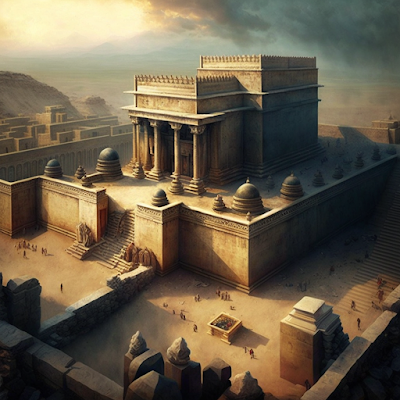Alexander the Great
Alexander III of Macedon, commonly known as Alexander the Great, was a King of Macedonia who lived from 356 BC to 323 BC. He is widely regarded as one of the most successful military commanders in history, and his empire spanned from Greece to northwestern India.
Alexander was born in Pella, Macedonia, in 356 BC, the son of King Philip II of Macedon and Queen Olympia. He was educated by the philosopher Aristotle and showed an early interest in military strategy and tactics. In 336 BC, at the age of 20, he succeeded his father as king after Philip II was assassinated.
Alexander quickly consolidated his power in Greece and then set his sights on the Persian Empire, which had been the dominant power in the region for centuries. In 334 BC, he crossed the Hellespont with an army of approximately 35,000 soldiers and began his campaign against Persia.
Alexander won a series of decisive battles against the Persians, including the battles of Issus and Gaugamela, and by 330 BC, he had conquered much of the Persian Empire. He continued to expand his empire eastward, crossing the Hindu Kush Mountains and reaching as far as the Indus River.
Despite his military conquests, Alexander is also remembered for his promotion of Greek culture and philosophy throughout his empire. He founded numerous cities, including Alexandria in Egypt, which became a center of learning and culture in the ancient world.
Alexander's conquests and empire-building came at a great cost, and he died at the age of 32 in Babylon in 323 BC. The exact cause of his death is not known, although theories range from natural causes to assassination.





Comments
Post a Comment